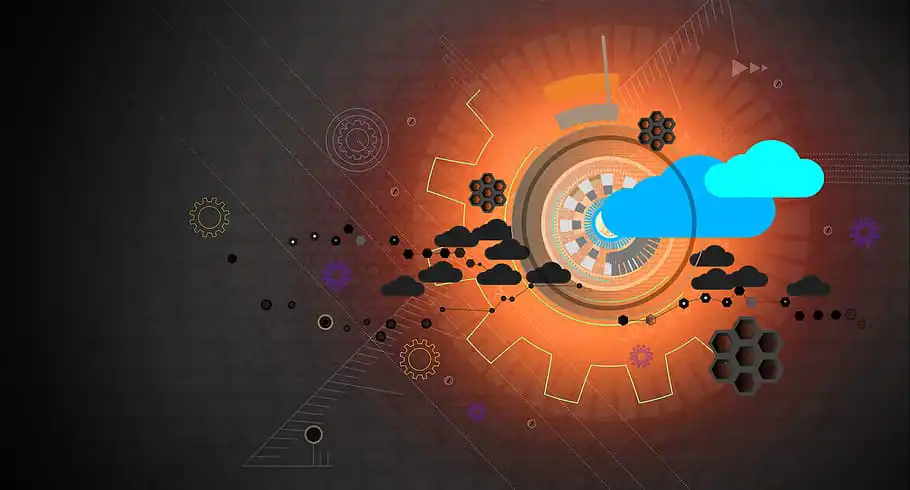Introduction: In a revolutionary finding by researchers, artificial intelligence (AI) has been used to discover antibiotic compounds, marking the first time in six decades. The role of AI in diverse industries and fields continues to grow. The world of medicine is no exception, and this latest discovery is a testament to that.
Antibiotics are an essential tool in the medical field. They are used to prevent and treat a variety of bacterial infections. For many years, finding new antibiotics has been a challenging task for scientists. But now AI is changing the game.
The role of AI in antibiotic discovery: AI and machine learning are creating new possibilities in the field of medicine, and in this scenario, they have been used to discover new antibiotic drugs. A model is trained to analyse molecular structures and predict their functionality, hence identifying potential antibiotics.

This technological approach unblocks the discovery pipeline for new antibiotics. It has significantly improved the time and cost efficiencies of drug discovery. Now, scientists have the tools they need to identify and develop new antibiotics much faster and more affordable.
The new antibiotics discovery: In a study sponsored by the Defence Advanced Research Projects Agency (DARPA), AI managed to identify several antibiotic compounds. One of these is named 'Halicycin', named after the computer algorithm used to discover it.
Halicycin exhibits a broad spectrum of antibiotic activity. It has been found effective against a wide range of bacteria, including some of which have developed resistance to existing drugs. This newfound capacity to engage enemy bacteria on multiple fronts is a significant step forward in the battle against antibiotic-resistance.
The significance of this breakthrough: The discovery of Halicycin is profound. It is the first new antibiotic compound discovered in over 60 years. Its discovery opens up a whole new world of possibilities for the medical field. The coming years could well see a host of similar discoveries, all thanks to the power of AI.
This breakthrough also signifies a big step in the fight against antibiotic resistance. Current antibiotics are gradually losing their effectiveness due to ever-evolving bacteria. New antibiotics are needed urgently, and Halicin provides much-needed hope.
The use of AI in other medical research: The success with antibiotics is just the tip of the iceberg when it comes to AI's potential in medical research. AI is already being used to detect diseases in their early stages, develop personalised treatment plans, predict health outcomes, and so much more.
AI helps in bringing efficiency, accuracy, and speed to these processes. It assists in the sifting and interpretation of vast amounts of data much faster and more accurately than humans can manage. The incorporation of AI in the medical field has indeed proven to be a game-changer.
The implications of AI's role: The potential implications of AI’s increasing role are vast. If AI can assist in discovering new drugs to tackle antibiotic resistance, it could similarly be used to address other medicinal challenges. This could be possible for a range of diseases that currently lack effective treatments.
AI's role signifies larger strides towards personalised medicine, advancing preventive care, reducing medical errors, and improving patient outcomes. It’s a tantalizing prospect, and one that could transform countless lives around the globe.
The future of AI in medicine: As AI continues to make strides in medicine, the future looks promising. It is envisaged that AI will speed up the development of new drugs. It will also make it possible to develop personalised treatments for patients, leading to improved outcomes.
With AI's remarkable achievements, it's evident that AI is revolutionising medicine. Its endless potential and the demonstrable impact it has already made in the field convinces us to perceive AI not solely as a technological phenomenon but as a humanitarian one also.
Final thoughts: The discovery of new antibiotics using AI is a big leap forward. The introduction of AI into the field of medicine appears to hold tremendous potential. It's paving the way for faster, more effective treatment options, steering medicine into a new era.
As we continue to uncover the potential of AI in other areas of medicine, we will surely begin to see improvements in multiple facets of healthcare, possibly in ways we haven’t even imagined yet. Undeniably, the best is yet to come.